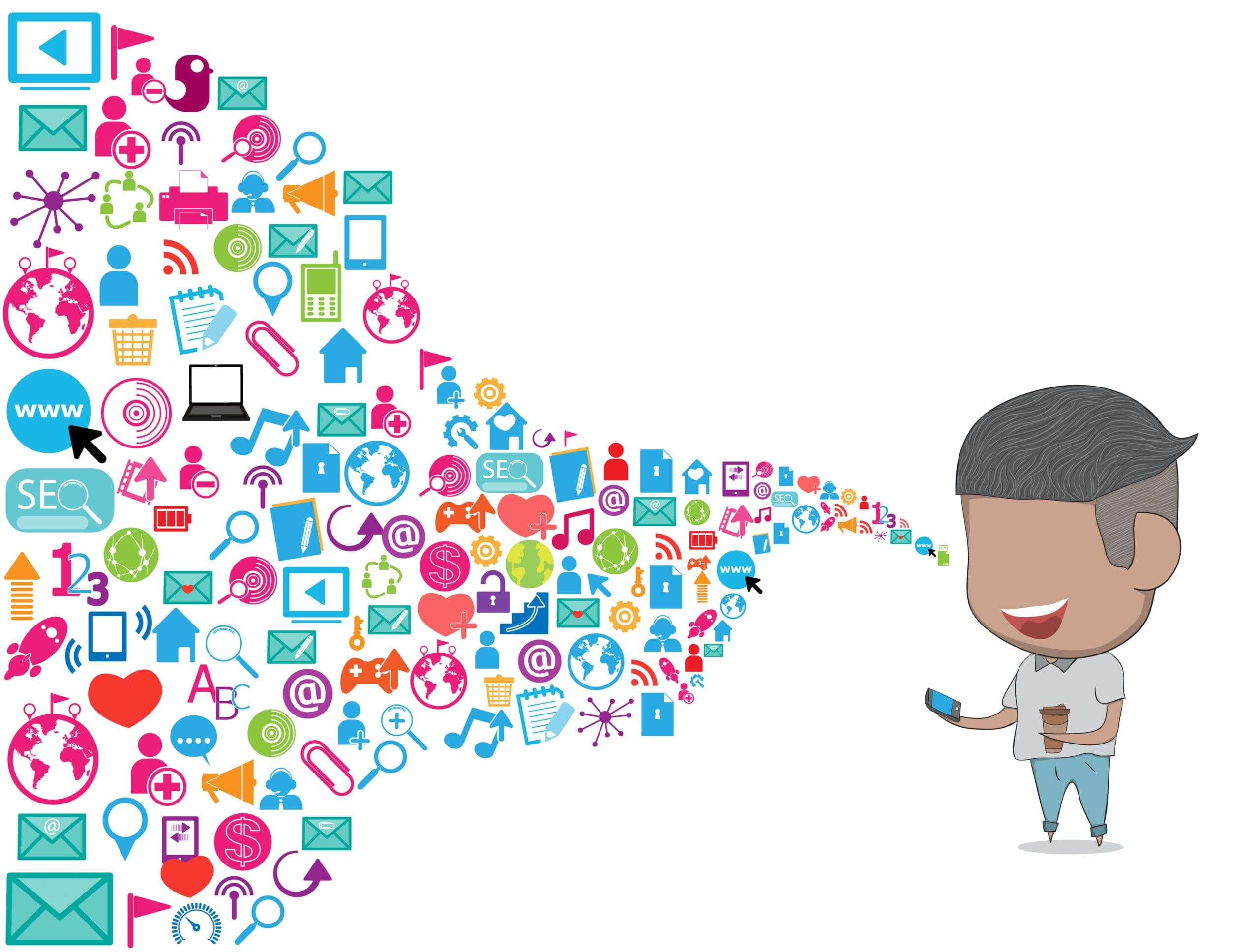Promote Digital Citizenship in your Tweens & Teens

The online world is a vast and integral part of our lives – it’s where we go to connect, learn, entertain, and work, which makes it extremely important for today’s tweens and teens to practice digital citizenship. They are spending a great deal of time online for school research, watching movies and engaging with friends on various social media platforms.
In a few short years these teens will enter the workforce, and it has become commonplace for companies to screen prospective employees by spending some time viewing their online profiles and interactions.
We should take some time now to ensure our kids are engaging safely and respectfully so that they leave a positive digital footprint.

The Digital Citizenship Code
1. Protect Your Personal Information
It’s ok to share information that does not personally identify your child. Interest in sports or games is fine – It is not fine however, to share birthday, address, phone number, full names, passwords and other sensitive information.
2. Stand Up To Cyber Bullying
If your tween is the victim of cyberbulllying, this is what they need to do:
LOG OFF the site where it is happening.
BLOCK emails and messages and do not respond.
SAVE the message and show an adult.
TELL someone they trust.
SPEAK UP if they see someone else being bullied online.
3. Give Proper Credit For Other People’s Work
Most images, videos and online material is protected by copyright. Teach your teen to acknowledge the original author or creator of content that they post.
4. Communicate Respectfully
It is imperative to ensure that every comment, tweet or post is a positive reflection of your teens personality. Discourage them from engaging in politically charged discussions – it is highly unlikely that they will be able to convince a person to change their beliefs from a tweet storm.
Read these tips to encourage respect and cooperation from your kids
5. Anything Posted Online is Permanent
Think twice before sharing anything online. You may be able to delete a tweet or a comment or even a photo later, but it is stored on a server somewhere. Nothing is ever deleted from the Internet.
6. Not Everything Is Real
Teach your tweens to identify fake news, and look for alternate sources to verify the information that they are reading. If they don’t find anything that backs up the article they are researching, chances are it’s fake. Anyone anywhere can make anything up and put it on the internet and present it as fact. Question everything and do not take anything at face value.
Learn more about the social media guidelines for your teenagers.
How You Can Help Your Child Be a Good Digital Citizen
Have you ever heard your teen tell you that Facebook is for old people? Well, they’re right. Parents are taking over the Facebook platform, which means that our teenagers are using alternate platforms such as Snapchat, Instagram, Tumblr and Twitter.
Do you know how these platforms work?
Are you able to see their interactions on social media?
These four platforms are just a few out of many that are accessible to our kids.
Do you know that teens who use these apps are exposed to cyberbullying, gaming addiction, porn, online predators and sexting?
Here’s what you can do to keep your kids safe:
1. KNOW MORE THAN YOUR CHILD
If you are allowing your teen to use a specific platform, become an expert at that platform.
2. PARENTAL CONTROLS
Privacy settings are constantly changing on social media platforms. Monitor them and do what you can to keep your child safe and protected. Keep their profile private and set their filters to ‘safe’.
3. MONITOR THEIR SOCIAL INTERACTIONS
Social media can become overwhelming very quickly. Frequently monitor them. Become a friend/follower of their account.
4. TAKE CONTROL
If you see that social media is becoming an obsession, harmful or distracting, restrict access.
This is a new road that we are all travelling down together. Technology changes so quickly, it’s difficult to keep up. You know your child and what is best for them, and often your instinct is correct.
Explain that life is about balance – deen and dunya, human interactions and online presence. Whatever we look at, read or watch should be to improve ourselves or help others.


Trackbacks/Pingbacks